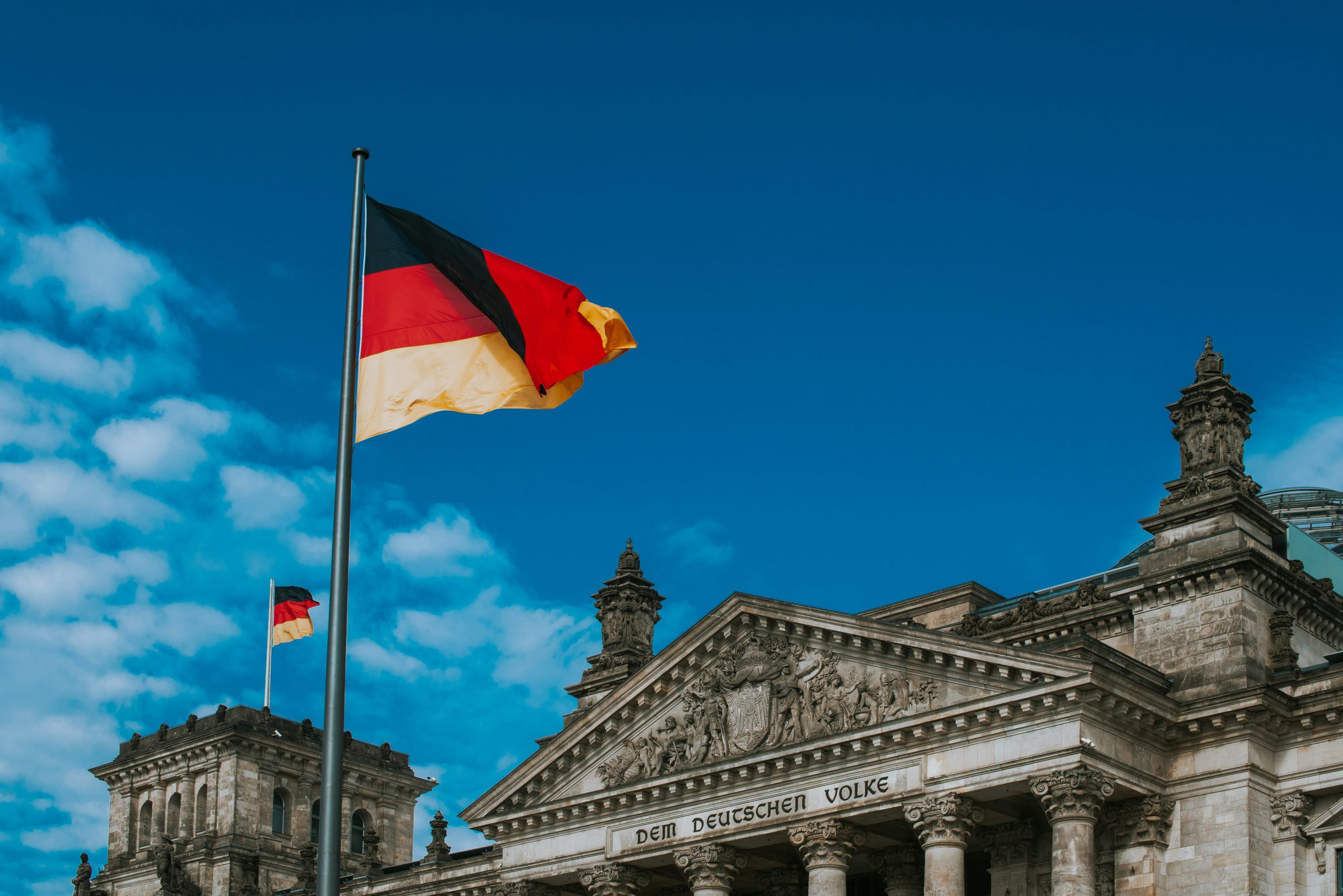Germany’s recent legislative move to legalize recreational use of cannabis marks a significant departure from previous stances on drug policy. As Germany legalizes cannabis with the backing of the German parliament, adults over the age of 18 will now have the right to possess substantial quantities of cannabis.
However, stringent regulations will make the purchasing process challenging, aiming to strike a balance between access and control. Effective from April 1st, the new law permits the smoking of cannabis in many public spaces.
The Guidelines and Implementations
Individuals will be allowed to possess up to 25g of cannabis in public areas. The limit increases to 50g within the confines of private residences. This shift shows recognition of changing societal attitudes toward cannabis and addresses the growing demand among youth, despite previous illegality.

Health Minister Karl Lauterbach has been a driving force behind these reforms. He cites the need to combat the black market, ensure the safety of consumers by reducing exposure to contaminated cannabis, and disrupt revenue streams for organized crime syndicates. While the legislation doesn’t pave the way for widespread establishment of legal cannabis cafes, it does introduce “cannabis social clubs.”
These non-commercial clubs will have a membership cap of 500 individuals, with consumption onsite prohibited. Membership will be for German residents only. Also, each household will be able to grow up to three maijuana plants for personal use. This approach aims to balance access to cannabis for regular users while preventing easy availability for occasional consumers and tourists, with critics warning of potential fueling of the black market.
Current Resistance and Germany’s Future in Cannabis
Germany’s legalization efforts are not without opposition. Conservative factions have expressed concerns about the potential societal impact, arguing that liberalization may lead to increased drug use. Despite the passage of the law by a majority in the Bundestag, the opposition vows to challenge it if they come into power. As a result, this signals an ongoing debate and uncertainty surrounding cannabis policy in Germany.
Looking ahead, the government plans to monitor effects of the new law and potentially introduce licensed sales in the future. However, given the complexity of the issue and the divergent opinions among policymakers, the future of cannabis legalization in Germany remains uncertain.
While Germany may not transform into the “new Amsterdam” overnight, its legalization reflects trends toward progressive policies across Europe. As the debate continues while Germany legalizes cannabis, the nation navigates the delicate balance between addressing public demand, ensuring public health and safety, and mitigating the influence of illicit drug markets.
More Content
THE RELATIONSHIP BETWEEN BACKWOODS AND HIP-HOP
TERPENES FOR ANXIETY: 3 TERPS IN CANNABIS WITH STRESS-RELIEVING PROPERTIES
RAPPER WEED: WHICH RAPPERS HAVE CANNABIS PRODUCTS IN THE MARKET? WHO ACTUALLY HAS THE FIRE?
18 COMPANIES THAT DON’T DRUG TEST THEIR EMPLOYEES FOR WEED
7 TIPS FOR MARKETING CANNABIS AND CBD ON TIKTOK AND INSTAGRAM








